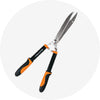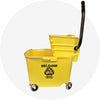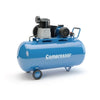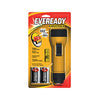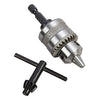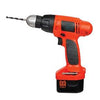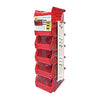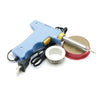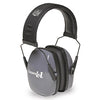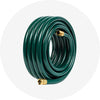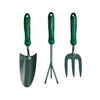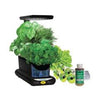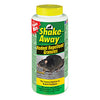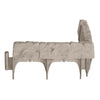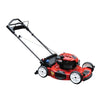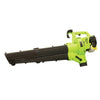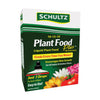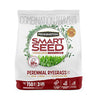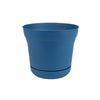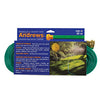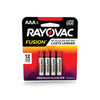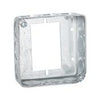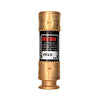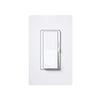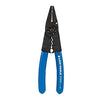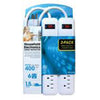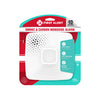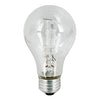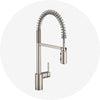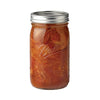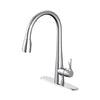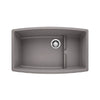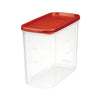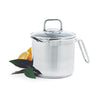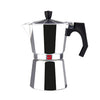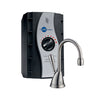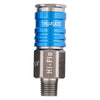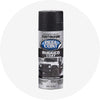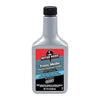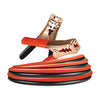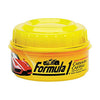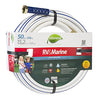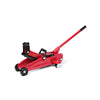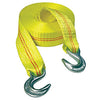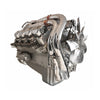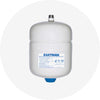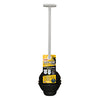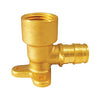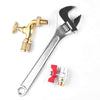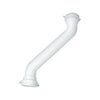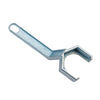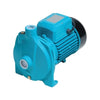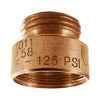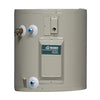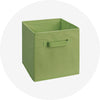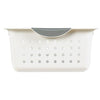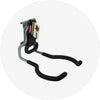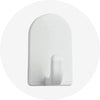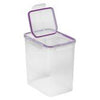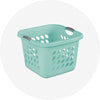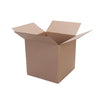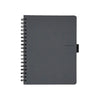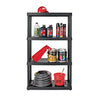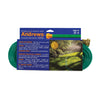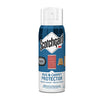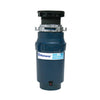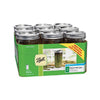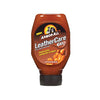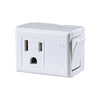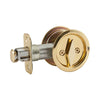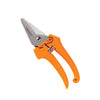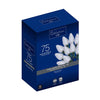5 Types of Bird Seeds and Bird Food for Wild Birds
∙ min read
Many people like to place feeders filled with bird seeds in their yards to attract wild birds. They enjoy watching the birds' colorful plumage and playful antics around the feeders. The birds may benefit from feeding as well. Feeding them with bird food helps ensure that they get proper nutrition, especially in the winter when food becomes more scarce.
However, different types of birds eat various types of food, so that no one bird feed will satisfy all of them. For that reason, many retailers sell bird seed blends that can satisfy multiple types of birds at once. The bird food you choose depends partly on the wild birds you have observed in your yard and partly on the birds, you would like to see. Here are some types of bird seeds generally considered to be the best and some foods for birds that don't feed on seeds.

1. Sunflower Seed
While no single bird food is suitable for every species, sunflower seeds might have the broadest appeal. If you want to choose a wild bird seed that most birds can enjoy, sunflower seeds are probably it. There are three different types of sunflower seeds sold as bird food:
-
Hulled Sunflower Seed: also called sunflower kernels or sunflower chips, these are sunflower seeds that have had the shells removed. Birds cannot eat the shells, so offering hulled sunflower seeds makes it easier for them to feed.
-
Striped Sunflower Seed: striped sunflower seeds are the type that people eat. Therefore, it is more expensive to buy them as birdseed. It is also harder for birds to crack these seeds open because the shell is stronger and thicker. However, this can be a benefit if you only want to attract specific birds to your feeders. Striped sunflower seeds attract nuthatches, titmice, and chickadees, as well as grackles, woodpeckers, jays, and cardinals.
-
Black Oil Sunflower Seed: this variety gets its name because it has a higher oil content, which is why it was initially developed. These seeds are more manageable for birds to crack open than striped sunflower seeds because they are smaller with a thinner shell, which means less of a mess around your yard.

2. Suet
Suet is an animal byproduct. It is the hard fat found around the kidneys of sheep and cattle. Birds need to consume a certain amount of fats to stay healthy, and suet also provides energy. Suet is generally regarded as a cold-weather wild bird food because it grows soft when exposed to heat. However, there are suet treats specifically formulated to stand up to warmer temperatures so they can be fed to the birds year-round. You can also buy a suet cake but notice that you will need a suet feeder for this kind of food.
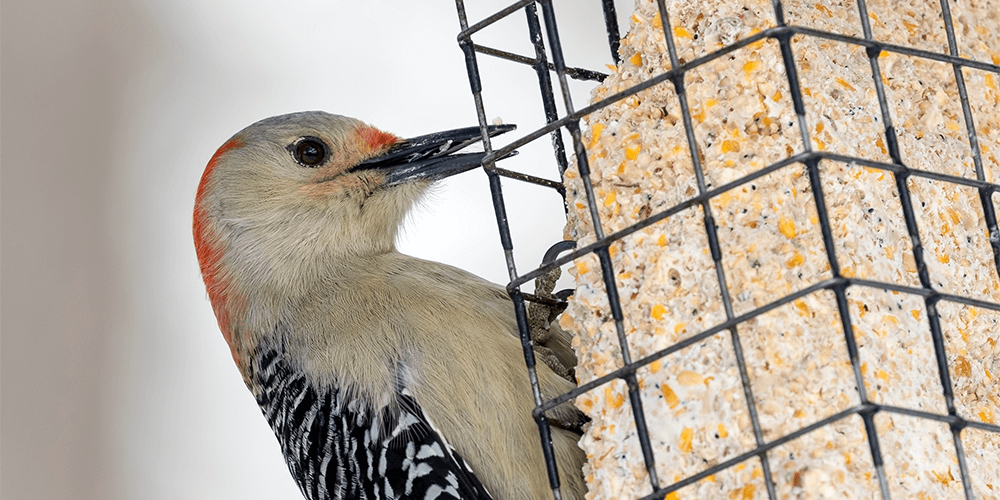
3. Nyjer Seed
Also referred to as Niger seed, this is a type of bird seed that grows primarily in India and Ethiopia. It also goes by the name of thistle, even though it is not related to the noxious weed. It won't grow if spilled in your yard because it has been sterilized by heat before it is ever sold. Nyjer seed is a tiny seed, making it perfect for birds with very small beaks, such as pine siskins, chickadees, and finches of all varieties, including goldfinches. However, if you fill your bird feeder with Nyjer seed, you have to replace it often because it is susceptible to spoiling. If that happens, birds are unlikely to eat it.
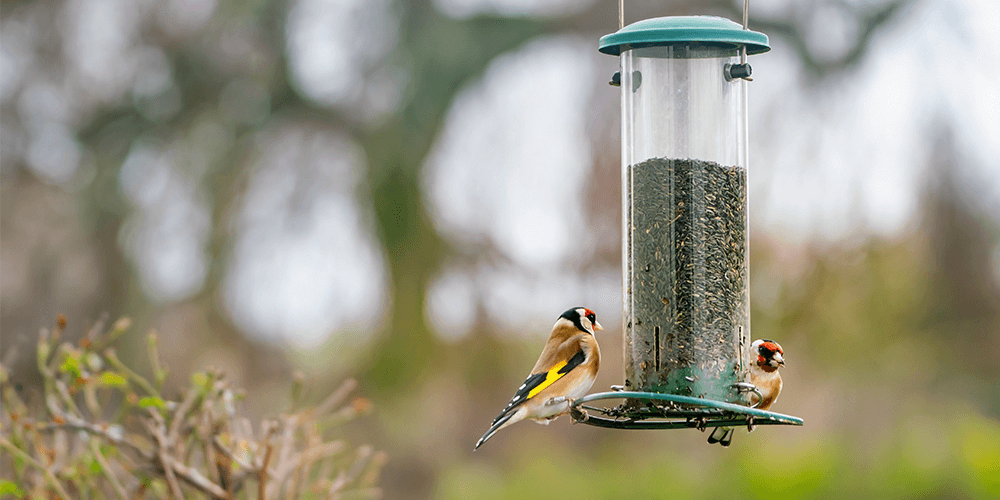
4. Nectar
Some birds feed on nectar, a sugary fluid that is found in flowers. Hummingbirds are probably the most famous for feeding on nectar, but other species may do so as well, such as orioles. Hummingbirds have a very high metabolism and have to feed almost constantly. Providing a feeder for nectar helps them keep up their energy. They are also some of the most colorful birds around, and it is a delight to see them buzzing around a nectar feeder in your yard.
You can purchase a mix with which to make your own nectar, or you can buy it premade and ready to pour. Most nectar feeders come in bright colors to attract hummingbirds. Therefore, there is no need to purchase colored nectar. The dyes used to color it may harm the birds.
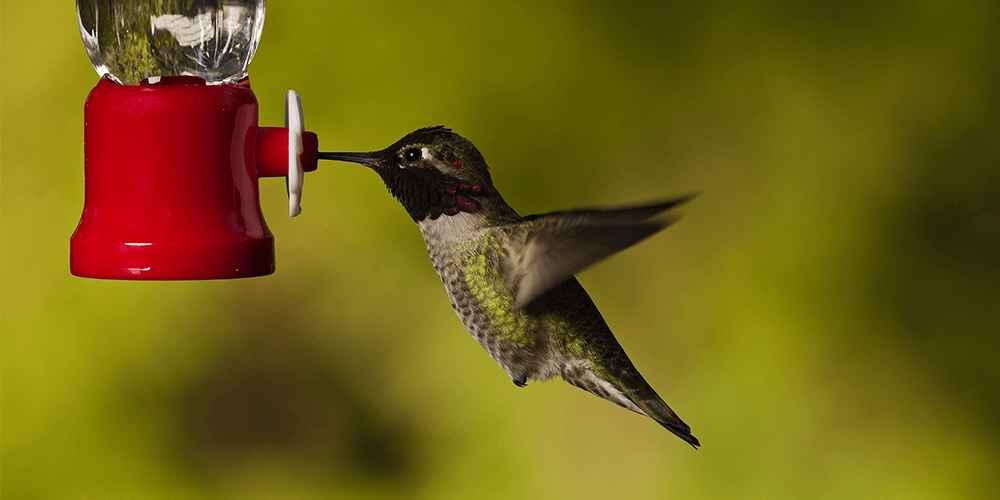
5. Millet
There are several species of millet, but the most popular with birds, especially doves, towhees, juncos, and sparrows, tend to be white proso millet. Millet is frequently sold in bird seed mixes to provide fiber, starch, fat, and protein. It is unusual to find millet sold on its own. Because not all bird species eat millet, it may be a good idea to put it in a hopper feeder or a tray feeder so the birds that don't like it can kick it out. Birds that like millet tend to be ground feeders anyway, so it will not deter them.
It would be impossible to provide enough food in your yard to feed all the common bird species in your region; there could be small birds or larger birds, but a good idea is to provide a birdseed mix that can feed multiple species at once.

Ready to attract backyard birds? Visit our bird feeding collection at Max Warehouse and choose the right bird seed and bird food that suits your needs. You can find different types of bird seed mix, bird feeders, and more.
Shop Bird Seeds and Bird Food Today
